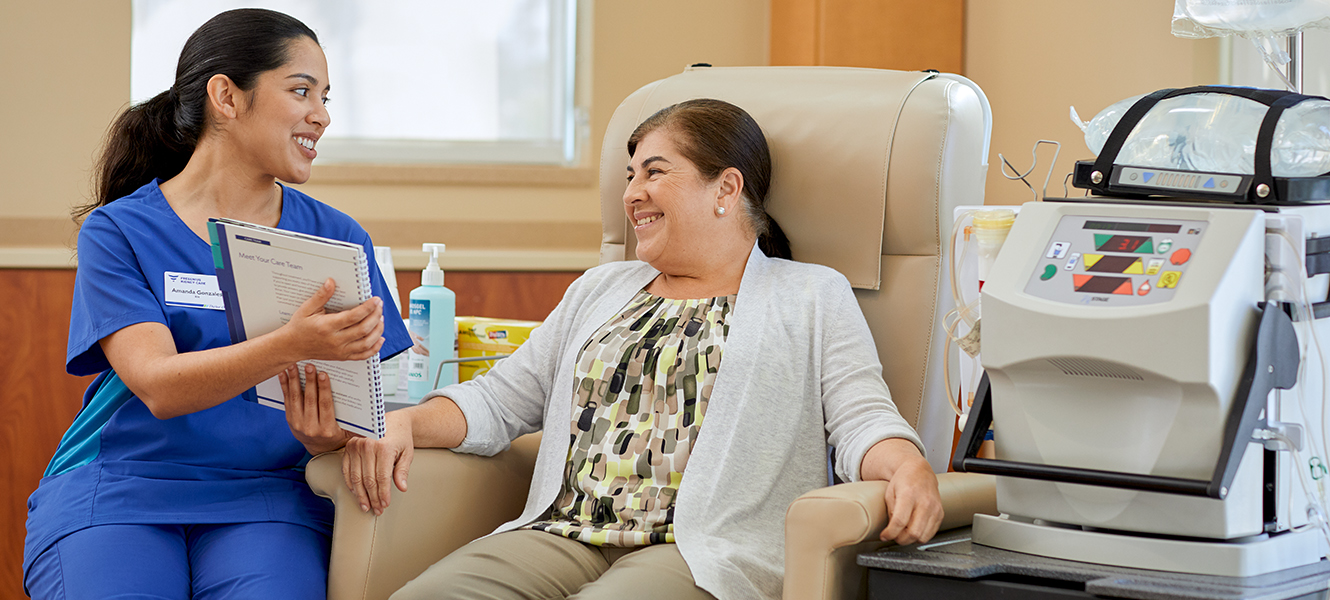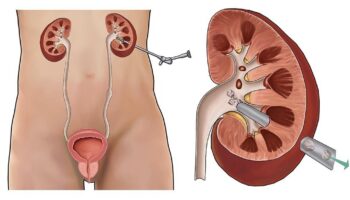For the uninitiated, end-stage renal disease refers to a condition where the kidneys cannot normally function anymore. The kidneys are responsible for removing toxins from the body and filtering blood. A patient with the end-stage renal disease usually needs dialysis or a transplant to survive. Dialysis is an ongoing treatment that does the same task as the kidneys. A dialyzer helps remove extra waste and fluids from the blood and restore electrolyte levels through the process of dialysis. Dialysis is also helpful in maintaining the nutrient profile of the blood and electrolytes. Some clinics offer Cypress home dialysis options for patients who cannot go to a hospital. In this post, we are sharing details worth knowing about home dialysis for end-stage renal disease.
What exactly is home dialysis?
The process of dialysis requires a dialyzer. Blood from the patient’s body goes into the dialyzer with the help of tubes. The dialyzer filters the blood, which goes back into the blood. The actual process can take time because only a tiny amount of blood can be filtered through the dialyzer. Patients are usually expected to visit the dialysis center as needed. If kidney failure is at an advanced stage, a patient may need dialysis more frequently. Home dialysis, as the name indicates, is about using a dialyzer at home. A kidney care center, or dialysis clinic, can train the patient, or family members, to do dialysis at home, using a home dialyzer.
When should a patient consider home dialysis?
If the patient needs to go for traditional dialysis three times a week, they may consider home dialysis. Dialysis can continue for many hours, as the doctor recommends. On the other hand, some patients need frequent sessions of dialysis, but the period is shorter. For example, if you are going for dialysis for two hours every day, you may benefit from a home setup. Patients who have been advised of nocturnal dialysis can also have a dialyzer at home.
What are the benefits?
For many patients, who don’t need dialysis frequently, in-office treatment is always a better choice. However, home dialysis allows for more flexibility, and for doctors, this may mean keeping a better tab on each patient’s history and response to treatments. You don’t have to step out every week with home dialysis, which is a huge relief, especially if you have other complications. You should note that having a home dialyzer at home is not easy. There is a need to adhere to the instructions and take responsibility for doing dialysis as directed by the doctor.
There is no denying that home dialysis is a boon for patients with severe kidney damage. If a transplant is not an option or cannot be done because of other constraints, home dialysis can offer a better quality of life. Doctors can recommend home dialysis if they believe that traveling to the clinic wouldn’t be wise for a patient, especially if they are at risk of infection. Talk to your doctor now to know more.





